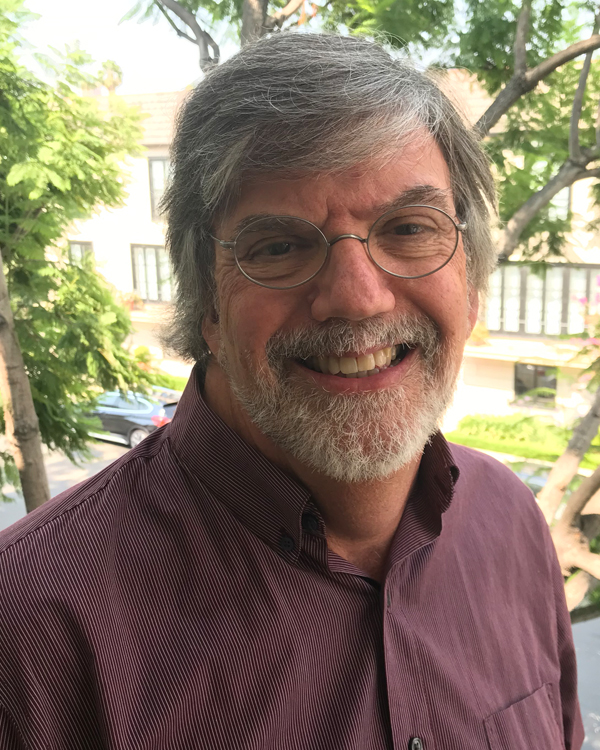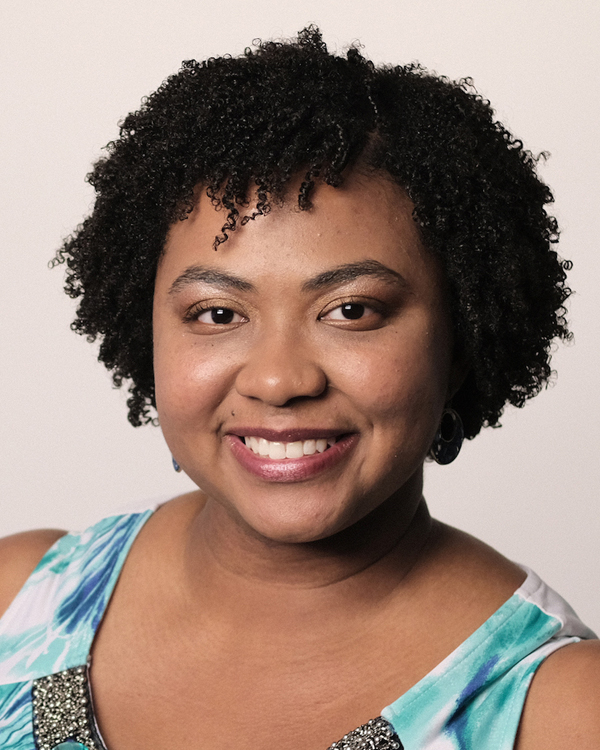WIA Mentorship Case Study: Philip Malamuth / Joi-Noelle Worley
Editing for TV: Pivoting from Live Action to Animation
Setting her sights on the director’s chair, Joi-Noelle Worley transitions from live action editing to animation with an entry-level union position at DreamWorks Animation TV.
Nurturing a longtime passion for animation, Joi-Noelle Worley had been working as a live action editor since college, but wanted to pivot to editing for animation with an eye towards eventually sitting in the director’s chair. “I’ve always wanted to be in animation, but I can’t draw,” she explains. “I was like, okay, where can I fit in? How can I still be a part of that world, be creative, and offer something of value?”
Editing was an established place to begin her journey towards her long-term goal of becoming a writer and director, and Worley found herself inspired by Toy Story 3 director Lee Unkrich. “He’s one of the few people directing right now who started as an editor,” she notes. “Editing is also my way of trying to find my voice,” she adds, “because I can see it, I can hear the sound effects, I can hear the music. I can’t draw, but I can edit. That’s my way of being artistic, of adding value to stories.”
Building a Roadmap for Success
Worley needed advice and guidance from a mentor who had already made the transition from live action to animation, and could use that experience to help steer the way. Wanting to develop a roadmap to achieve her goals, she was thrilled to be matched with Philip Malamuth, a veteran editor with more than 25 years of experience across live action and animation currently working as a film editor at Warner Bros. Animation. “When you’re trying to find your own path, it’s inspiring and encouraging to see someone who’s already on the same path you’ve chosen,” says Worley. “I was really interested in hearing about his experience.”
Although he had never formally mentored anyone before, Malamuth, who in addition to his work as an editor also teaches at the college level, already had a natural inclination towards helping people getting into the business. “I really enjoy it,” he says. “When I saw the call for mentors from WIA, my concern was that I was a little too specialized in the animation world, because I’m an editor, not an artist,” he continues. “But there are always people out there who want to learn from your experience. It was exciting — here were these people who were very specifically looking to be not just editors, but animation editors.”
Worley applied for WIA’s Mentorship Program with a concrete set of goals for both personal and professional development. Her first goal was securing an entry-level job editing animation so she could build credits and hours in order to join the Editors Guild. Goal number two was producing a pilot animatic for a series she had written, entitled LionHeart, which included editing a complete radio play with voice talent, music and sound effects, and hiring storyboard artists to produce boards to edit into the final animatic. Finally, Worley also wanted to increase her mastery of software tools, becoming more comfortable with using Avid and Storyboard Pro.
Setting Goals: Structure vs. Content
Pre-Covid, Malamuth and Worley agreed to meet in person once every two weeks, and that he would assign her tasks to complete ahead of each meeting. “I provided the structure and she provided the content, and that worked out really well,” Malamuth recounts of the mentorship process. “At the first session I said, ‘Okay, let’s set your goals for this period of time that I’m going to be mentoring you,’ and she came up with very specific goals that she wanted to work on. Then I would give her homework for each one of those goals. She was very diligent. She’d come back every two weeks and go, ‘Okay, on goal number one, I did this. On goal number two, I did this.’ And then we’d ask, ‘Now, where do we want to go? What do you want to work on for next time?’”
Rather than instructing Worley on the steps she needed to take, Malamuth found that assigning an ongoing series of concrete tasks that would help her reach her goals was more useful. “Instead of ‘Well, you should do this and you should do that,’ it’s more like, ‘Okay, you’re concerned about this. Well, why don’t you go out and do this and come back next time and we’ll talk about it and see what you think happened, and where you think you want to go from there.”
Speaking Up and Learning the Ropes
Midway through the six-month Mentorship Program, Worley received a job offer and successfully negotiated an entry-level union position working as an Assistant Animatic Editor at DreamWorks Animation TV. During the transition, she found that she needed to tap a separate range of skills Malamuth had developed over the course of his career: salary negotiations, and acclimating to a new workplace.
Worley appreciated having an experienced mentor to consult when she received the job offer. “It was good to hear someone say, ‘No, here’s what you should ask for, because these are the rates, this is what the union is saying,’” she relates. “Other people were saying the same thing, so it was also good to hear that from a consensus. I had to allow myself to be a little bit more uncomfortable with the process and speak up about what I wanted, but I ended up doing really well.”
Malamuth also helped Worley make the transition into her new role working in a studio production environment. “If I didn’t have a mentor, I would have been a little bit more overwhelmed,” she admits. “But it was helpful to have someone say, ‘it’s okay to be feeling like this. You just got a new job. This is normal, your learning curve is going to end, it’s fine.’ Just having someone to advocate and tell you those things,” she continues, adding, “The mentorship was enriching, and it happened at exactly the right time for me. Now when I get another job, I won’t be as nervous, because I’ll know the role.”


